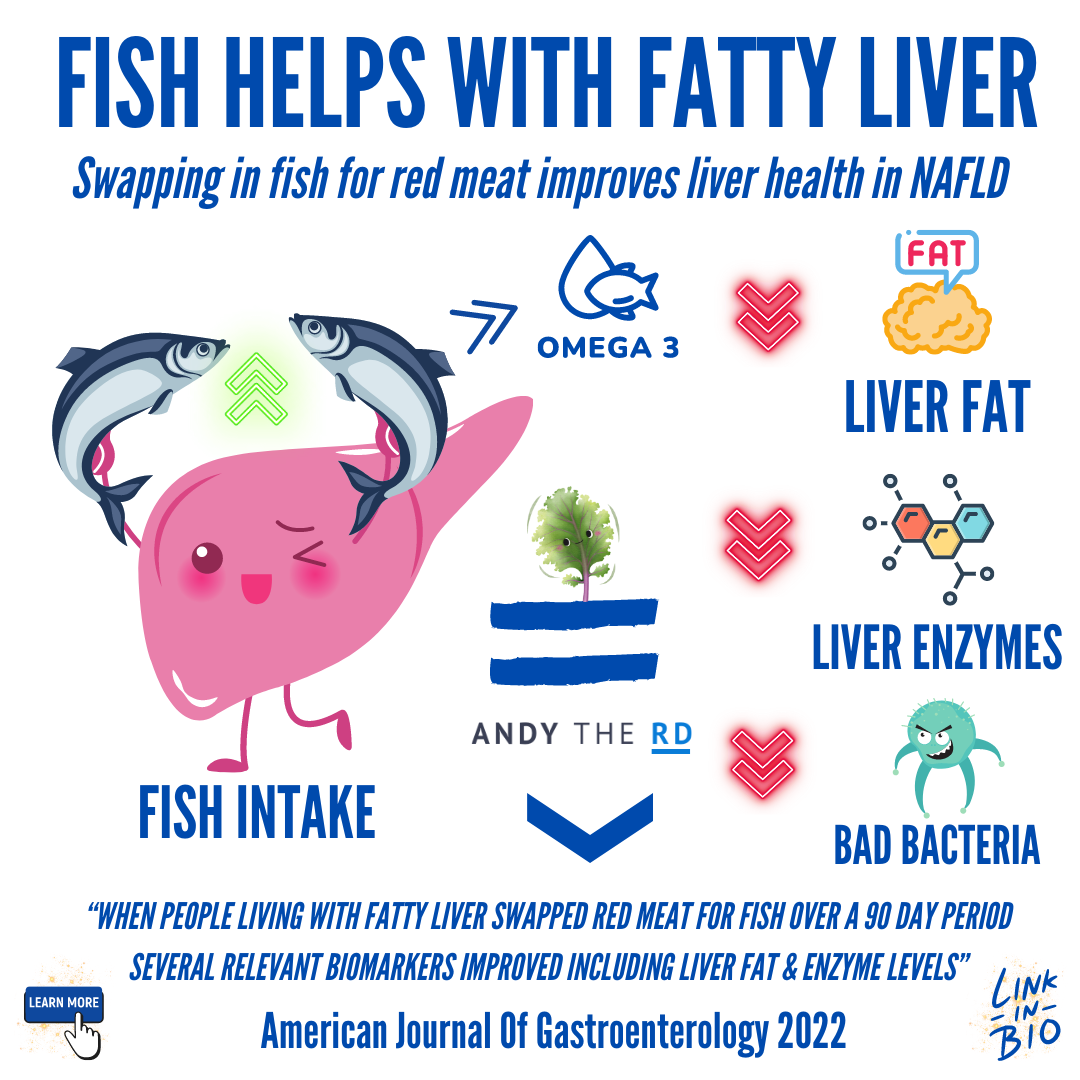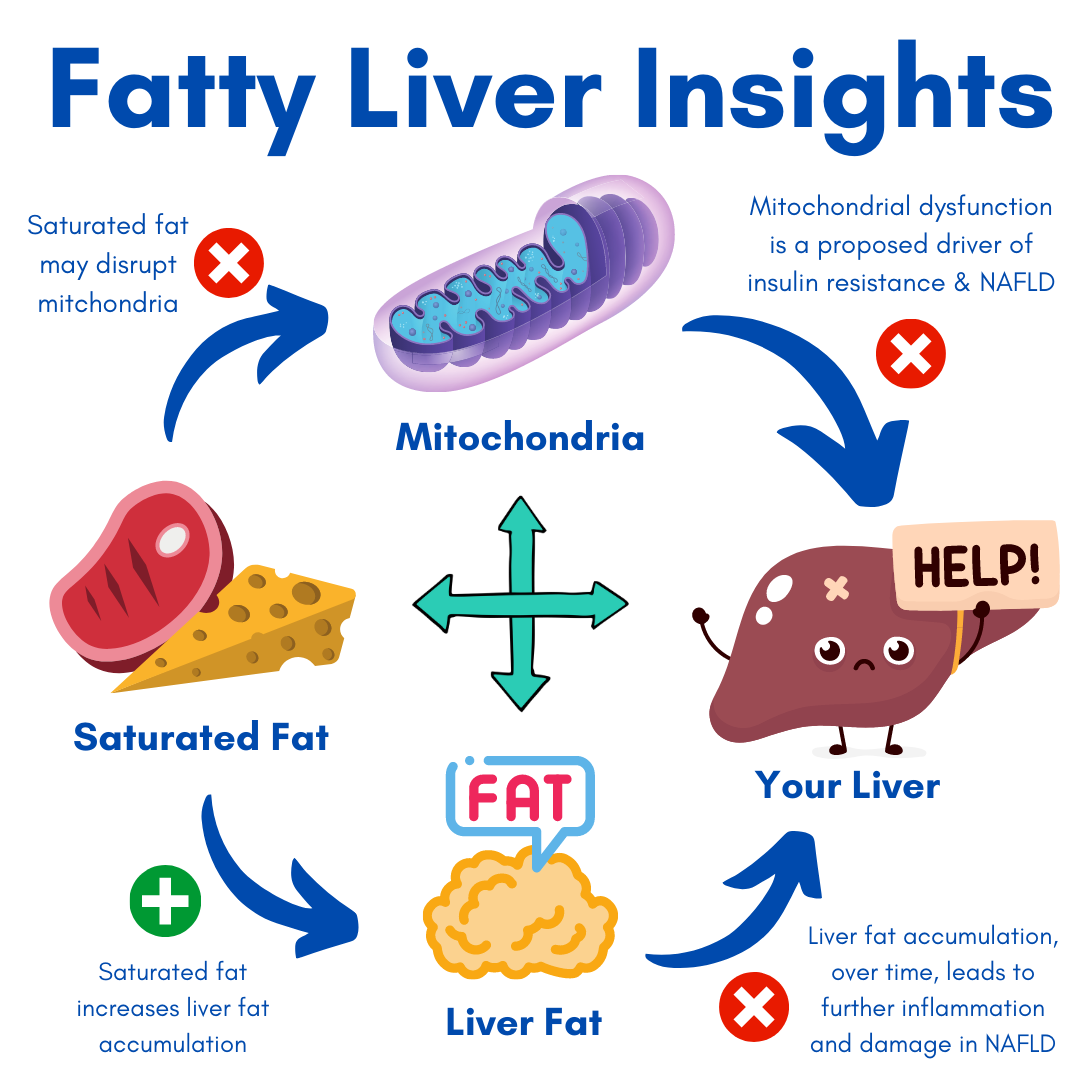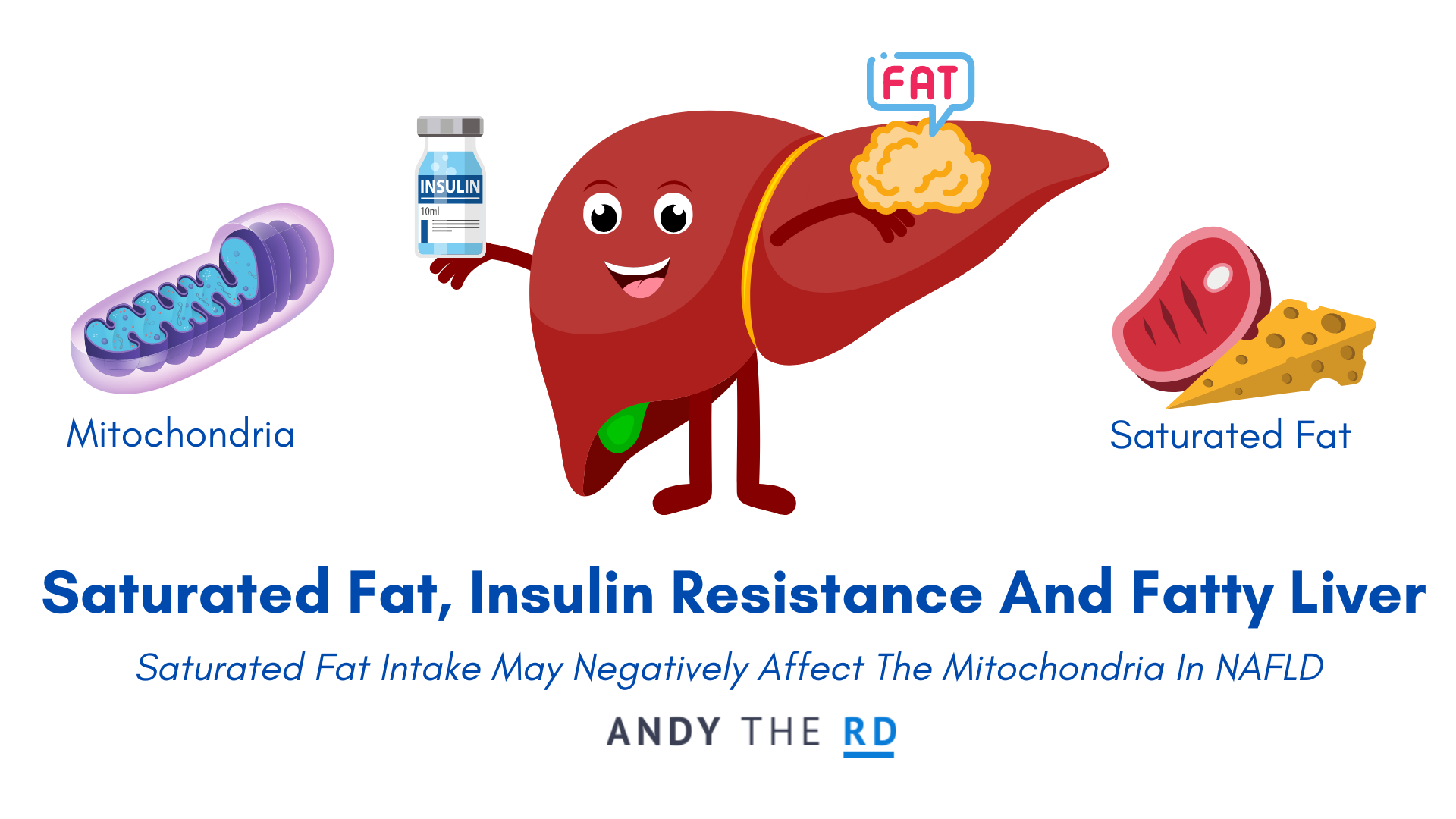If you have been diagnosed with fatty liver disease, the best available scientific evidence suggests eating a bit less saturated fat will probably help.
But why is this the case and which foods are highest in saturated fat?
Let’s find out!
Sources Of Saturated Fat
- Beef and other red meat like pork
- Cheese, and certain cheese heavy dishes
- Butter
- High %MF dairy products
- Ice Cream
- Processed meat like sausages, ham, hot dogs
- Chips, cookies, cakes, pastries
- Pizza
For individuals living with fatty liver disease who are concerned about their saturated fat intake there are many swaps that can be made for the items above to reduce the saturated fat content of one’s diet.

Swapping out some of your red meat for fish, as per above, is an easy step to take.
Using turkey or chicken slices instead of ham or switching to lower fat % (skim) dairy products works too.
As does using olive or avocado oil instead of butter when cooking.
Many foods higher in saturated fat may also have a high glycemic index, this is particularly true for baked goods and anything made from refined white flour.
A higher glycemic index diet could contribute to insulin resistance, which is also problematic for liver health.
I don’t believe that saturated fat causes fatty liver disease, but in those who have a fatty liver already it is likely true that eating too much saturated fat may make it worse.
Let’s find out why.
Sat Fat & Liver Fat
Now the first strong indicator we have that these types of foods are not helpful for those living with fatty liver disease is that the low saturated fat Mediterranean Diet pattern, which I’ve written about previously here, shows the best potential for those living with fatty liver disease to reduce liver fat accumulation, reduce inflammation and to improve insulin sensitivity.
These are all the things we want in NAFLD, and remember that this style of eating is naturally very low in saturated fat.
In fact, the relationship between saturated fat intake and insulin resistance has been noted in experimental studies from 20+ years back.
From here, let’s take a look at what some of the latest scientific papers have found about the relationship between saturated fat and fatty liver disease.
PLoS Medicine 2016
Found that replacing saturated fat with polyunsaturated fat ( equivalent of swapping beef with fish, let’s say) reduced insulin resistance in multiple human studies.
Journal Of Endocrinology And Metabolism 2019
Found that, all else equal, saturated fat intake increased liver fat accumulation as compared to different types of dietary fat which prevented accumulation.
Frontiers In Nutrition 2021
A review article which identified saturated fat as one of the biggest dietary risk factors for worsening liver fat accumulation and insulin resistance in NAFLD.
Diabetes Care 2018
An experimental study which found that, when provided as excess calories, saturated fat increased liver fat accumulation by 40% more than other fat types (MUFA).
Nutrients 2016
Found that, in those living with NAFLD, the people who had the highest dietary saturated fat intakes also tended to have higher liver fat content.
The Mitochondria
The totality of the evidence points strongly towards individuals living with NAFLD to reduce their saturated fat intake to improve their health.
But why is this?
One of the current scientific hypothesis, as explained in this scientific paper, is that saturated fat negatively affects the mitochondria (a component of human cells).
Our mitochondria have a very important role to play in metabolizing fat and so if their function is compromised, one could see how this failed breakdown of fatty acids could then become problematic and theoretically, potentially lead to increased liver fat storage.
It should be noted as well that a relationship also exists between proper (or improper) mitrochondrial function and insulin resistance.
The explanation above is obviously a gross oversimplification, but gives some indication into where current science is headed.

Ready To Fight Back?
My approach to fighting back against fatty liver disease is rooted in helping people optimize their diet and strategically use supplements supported by good evidence.
If you are living with a fatty liver and are not sure where to turn, I can help.
Reach out via my contact form or call me directly at 647-886-2197 to learn how.
Until next time,
Andy De Santis RD MPH



